Advancements in technology are changing the face of healthcare. At the forefront of this transformation are medical professionals who are embracing innovation and making significant contributions. Medicircle presents Top CEOs of Healthcare Series featuring healthcare CEOs who are influential role models to share their views about the future of the healthcare industry.
Dr. Sandeep Shrivastava is the CEO of Datta Meghe Institute of Medical Science, Wardha. He has a rich mix of different experiences in his career that comprises of associations with institutes of repute like Datta Meghe Institute of Medical Sciences (Deemed University), Department of Orthopedics, JN Medical College, and AVBR Hospital. He is an MBBS; MS (orthopedics); Diplomate of National Board (Orthopaedic Surgery) and Ph.D. (Health Professionals Education). He has been a doctor for more than 35 years. His research works are widely published and presented across the world.
Reasons of Escalations in Costs of Healthcare
Dr. Shrivastava points out that the key reasons for escalations in the cost of healthcare can be attributed to both the clinical scenarios and the non-clinical scenarios. He lists down the following factors of healthcare cost escalation:
1.Our clinical practices have moved towards more evidence-based practices and these medical practices directly translate into standard operating protocols. So even if a doctor feels like doing certain investigations, he cannot do it. The cost factors are involved.
2.Lots of healthcare facilities are built on technology and AI. But both are not cheap. They are very costly. Also, the interventions in many directions now require the latest drugs. And those drugs due to patent issues are highly-priced. These are the critical intricacies that are driving the cost.
3.There are non-clinical intricacies as well like working on the affordability of healthcare through public funding. This indirectly translates into insurance today. Now, do you think that the involvement of a third party like insurance provider has made the cost of health a little bit cheaper? No. It may look cheaper to the patient or free of cost to the patient, but at the backend, it has tremendously increased costs,” observes Dr. Shrivastava.
He further mentions that "these problems are a kind of the crux of underlying problems or the tip of the iceberg. There are lots of more interrelated problems that lie underneath."
Solutions for Cost Control
Dr. Shrivastava emphasizes:
“What we can do together for building a solution perhaps is to build trust instead of doubting each other. Doubting each other requires more investigation done to find out what is correct and then having an unnecessary increase in cost in doing that. Let us keep it simple. Let us build trust amongst ourselves first and level one, level two care should be there based on clinical acumens. This will curtail the cost of treatment to a reasonable amount without posing any threat to the patient in any way. The public healthcare system has to become robust. We cannot ask a private healthcare system to give a free-of-cost treatment or subsidized treatment. If they do so, it will come at some compromise which is not good. So public healthcare system has to remain robust. Most of the countries which are vouching for good health care, particularly European countries, such as Denmark, Switzerland, or even for that matter the US have a robust public healthcare system. Unfortunately, despite having a good structure, our public health systems have not come up the way they should have been due to multiple reasons. This needs to be taken care of. There has to be the creation of leverage for new hospitals and special health zones. This should be taken very seriously especially in the COVID era. There should be leverage to new entrepreneurs particularly in terms of some land benefits, some tax benefits, etc. that might help the cost of the availability of healthcare to get curtailed to a certain extent and bring it to the ambit of the common man. That is what the purpose is - adequacy of healthcare. There is also a need to control drug pricing. It’s observed that in hospital bills, around 40% of bill weightage is going to drugs. There is a scope to bring it down. The government is saying to use the generic drugs but generic drugs are questionable for both doctors as well as the public if used all the time. So, it needs to be ensured that good quality drugs reach directly to the hospitals instead of having supply chains so that costs go down,” suggests Dr. Shrivastava.
“All these measures would together bring a difference to the healthcare by making it at least cheaper by 30 - 40% which would be a huge achievement,” adds Dr. Shrivastava.
Availability of Manpower in Healthcare is Miniscule
Dr. Shrivastava points out, “Compared to developed countries, we have just 1 manpower against their 10. Now that includes both doctors as well as nurses. So, we need to build a system where you can get cheaper health care workers and perhaps in a country like ours which is rich in human resources, a lot of courses based upon paramedical grooming should be included as curriculum. Natives of every region should be well trained in such paramedical courses. I think these small solutions can matter very much in healthcare and provide employment opportunities as well to people of interiors.”
Wellness Would Get A Boost in Future
Dr. Shrivastava exuberates hope by mentioning that “COVID has taught us one great thing. We cannot build a hospital away from the homes. They should not be too far off. There should be at least small hospitals that can take care of medical facilities like maternal care, simple paediatric care, and isolation care nearby. The non-availability of this is one of the reasons why we could not control Covid. Our homes are not infrastructurally built to isolate a person, we share the bathroom and other areas. Not only this, our mindsets are not conditioned for living in isolation, till we are forced to do so. Hence, If there are small 10-20 bedded hospitals near to homes, it would be good and probably this would be taken care of soon by private organizations in particular. The chain of diagnostic labs that are coming up is a good sign as diseases would get detected at a very early stage and that’s great. Covid times have brought teleconsultations to the fore. But their regulation should be such that the public should not get vulnerable to this method nor doctor should feel a sense of vulnerability towards it. Fortunately, wellness will get a boost,” beams Dr. Shrivastava. He believes that it would be extremely good “if we reach a stage when for 10, 000 population there are 50 doctors, 150 nurses, and 100 beds and when there is control of mortality rates.”
Viruses are part of the 21st Century, We Need to Quickly Do Away with Loopholes
Dr. Shrivastava suggests, “Critical illness care has to be more focused. We were working on hospital beds with oxygen pipes and ventilators when Covid attacked us. These facilities should have been ready beforehand. But perhaps it’s not too late. A lot of things are getting anticipated. The viruses are not going to go away so soon. As there were bacterial diseases in the 20th century, viruses would be part of the 21st century. So, we need to be well prepared with better healthcare facilities and keep working on it,” says Dr. Shrivastava.
Healthcare Has Lots of Career Options
“All youngsters should understand that healthcare is the largest industry. It needs personnel from every field, not only doctors but pharmacists, clinical trial persons, researchers, IT personnel, people from finance background etc. It is going to grow bigger and many people have career opportunities in this segment,” says Dr. Shrivastava.
Challenges of Fellow Human Beings Touch the Heart
Dr. Shrivastava talks about challenges and says that the locality that he works in is full of people for whom healthcare is not affordable. The only option for them is to sell land to meet medical expenses. As a human being, it's hard to deal with such problems and this is something that disturbs him the most.
Learning will Never Stop
Dr. Shrivastava mentions that knowledge has great significance and that he is a lifelong learner and keeps on avidly pursuing knowledge to keep up with the times. The inquisitiveness towards technology had led him to create an app way back in 2007 for the safety of women leading to the instant availability of help to them. He informed that he has a keen interest in robotic surgery and regenerative medicine and life is exciting because of the hunger to pursue new things. He quoted his father at the end of the conversation mentioning that “Knowledge never gets wasted.”
(Edited by Amrita Priya)
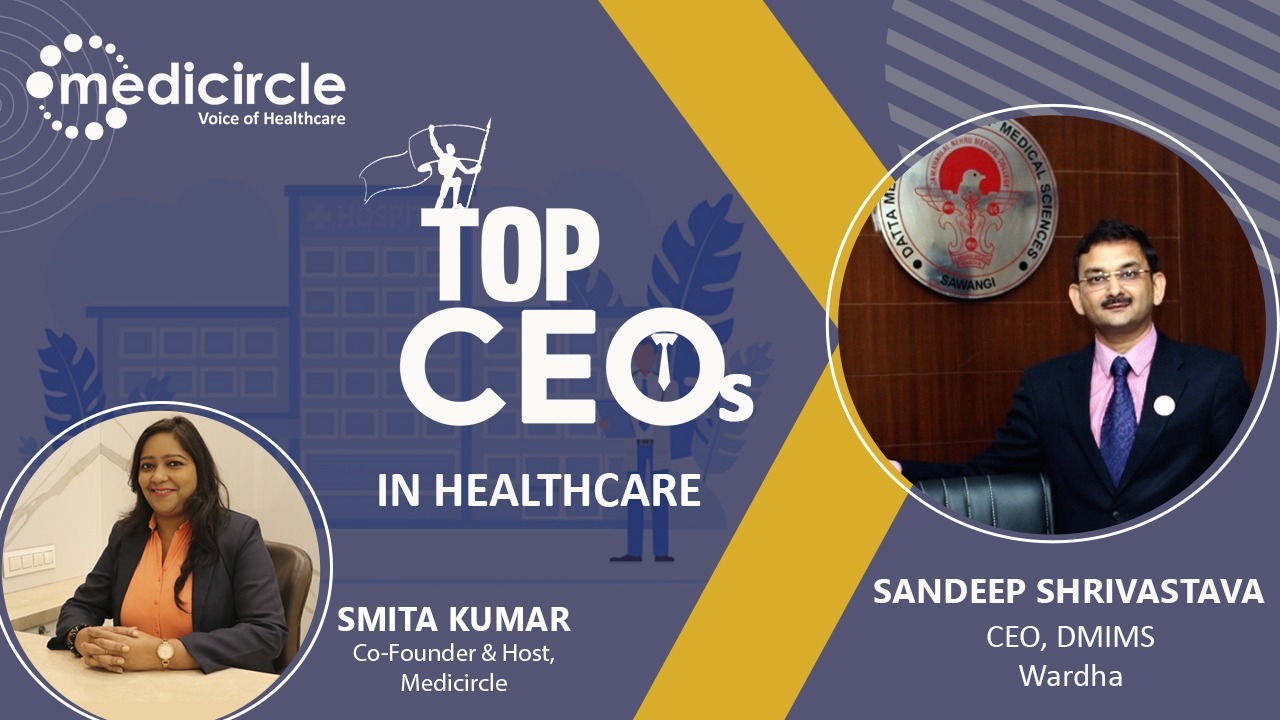
 Dr. Sandeep Shrivastava, CEO, DMIMS, provides valuable insights on challenges of healthcare, possible solutions, what’s in store for healthcare in the future, and how healthcare has career opportunities for people of all backgrounds.
Dr. Sandeep Shrivastava, CEO, DMIMS, provides valuable insights on challenges of healthcare, possible solutions, what’s in store for healthcare in the future, and how healthcare has career opportunities for people of all backgrounds.




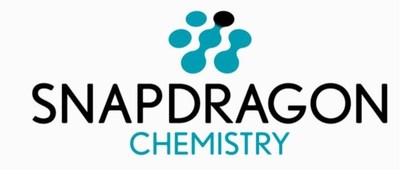
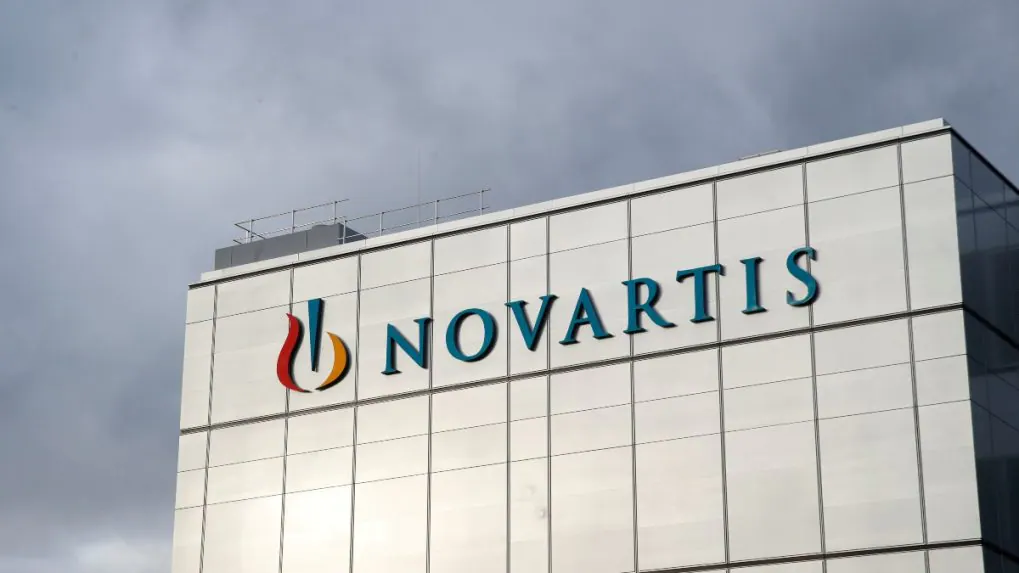

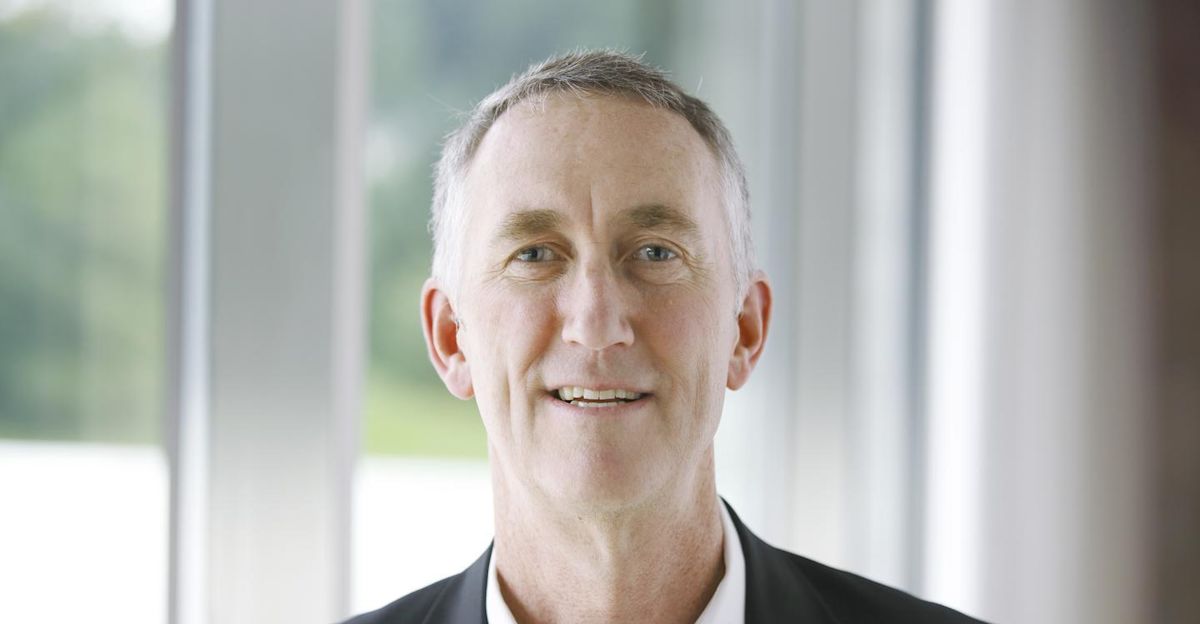
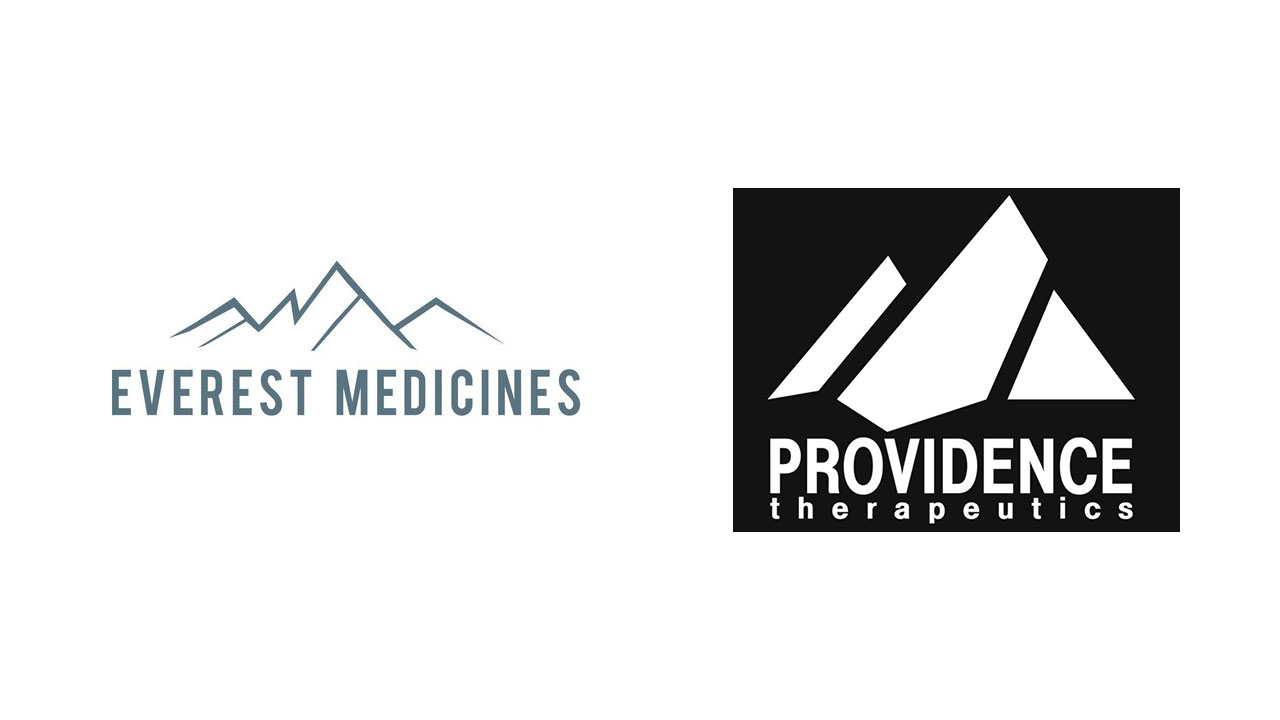
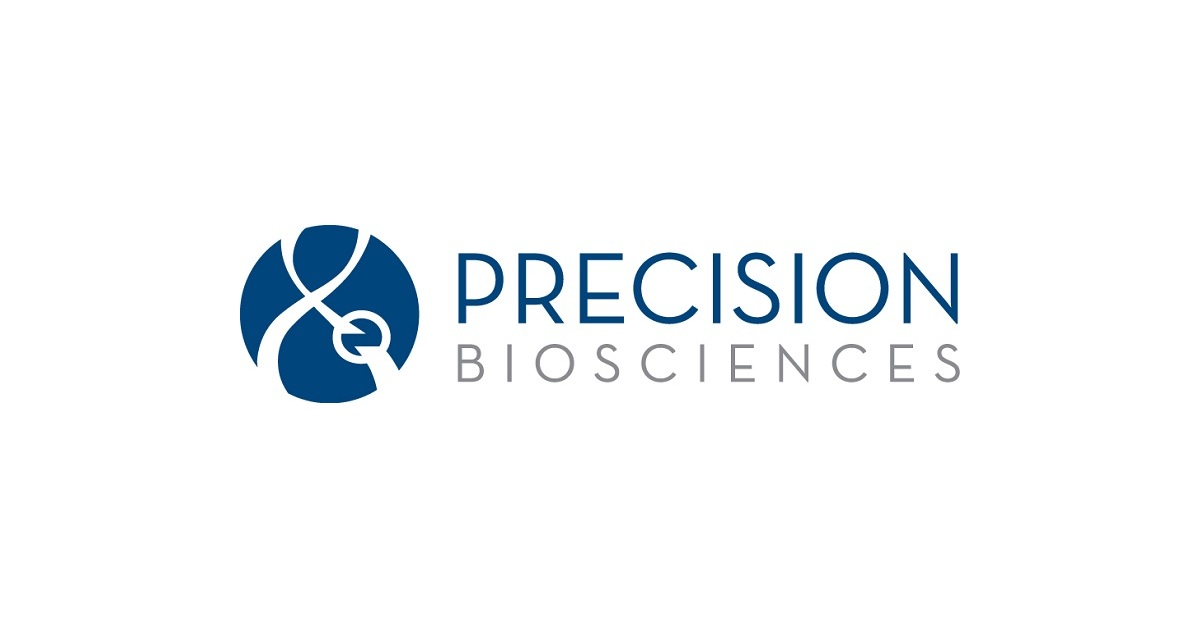







.jpeg)

.jpeg)
.jpeg)
.jpeg)

.jpeg)
.jpeg)
.jpeg)
_(1).jpeg)

_(1)_(1)_(1).jpeg)
.jpeg)
.jpeg)
.jpeg)






